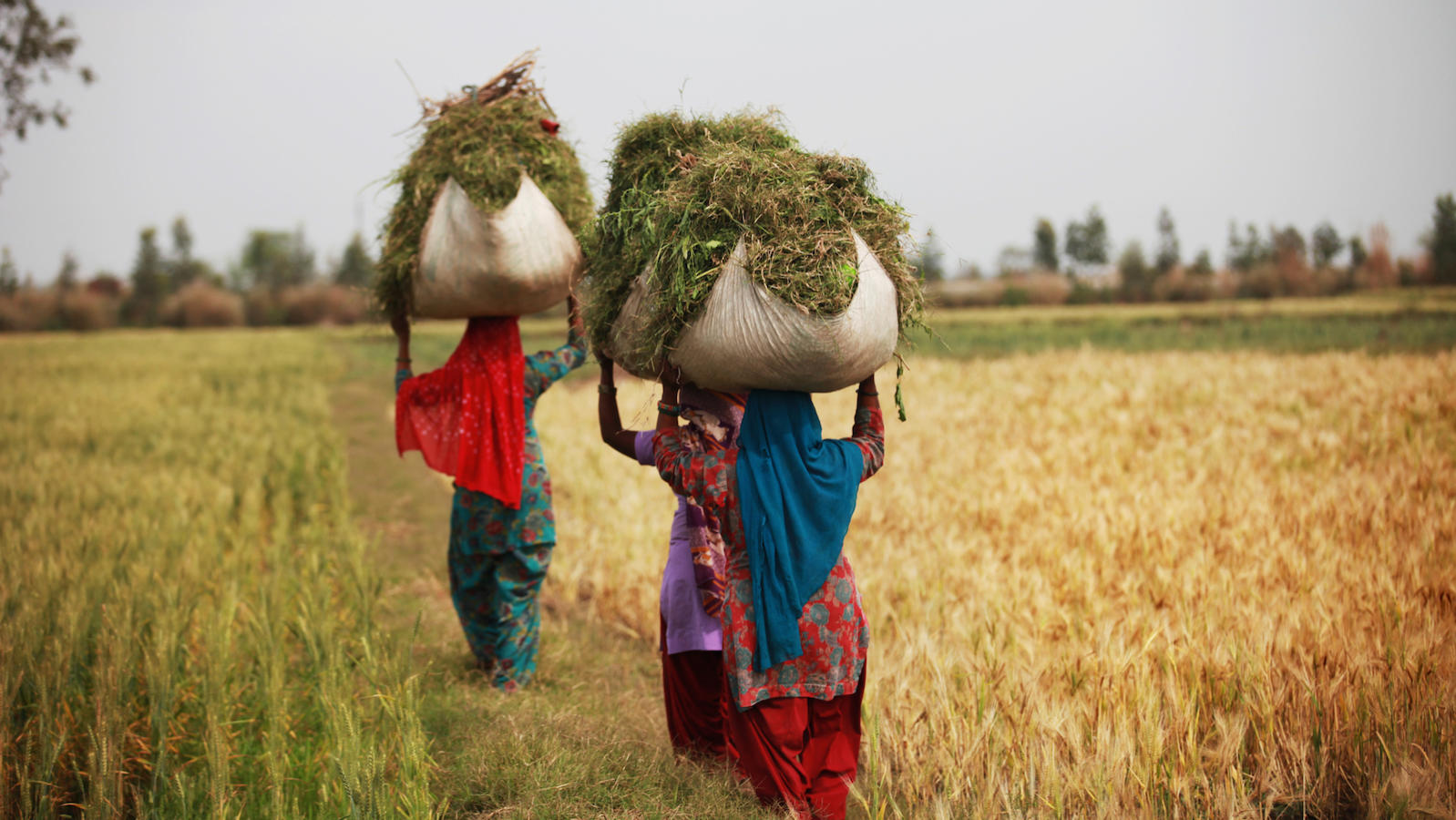Commentary on Parashat Pinchas, Numbers 25:10-30:1
After decades of the Israelites’ wanderings, God’s decree upon the willful generation of the Exodus —”In this very wilderness shall your carcasses drop” — is nearly fulfilled (Numbers 14:29). To take stock of the new generation born in the desert, a census is ordered. Lineages are recorded; tribes’ sums inscribed; fresh tallies of the war-ready men collected. And from among these men, God charges, “shall the land be apportioned as shares, according to the listed names” (Numbers 26:53, 26:1-56).
Against this backdrop — the work of the census complete, the law of the land’s division laid down— come five women: the daughters of Zelophehad, a sonless Manassite who died for his sins in the desert. The sisters demand a landed inheritance alongside the newly-numbered men. “Let not our father’s name be lost to his clan just because he had no son!” they lament. “Give us a holding among our father’s kinsmen!” (Numbers 27:1-4).
The women present themselves for judgment before the “whole assembly” at the Tabernacle‘s entrance. They bring their case to the tribes’ chieftains, to the high priest Eleazar, and to Moses. They are stubborn, these sisters — a “stiff-necked” cabal of five, undaunted by the only inheritance they have received until now: the cautionary knowledge that they are the progeny of a people annihilated for their murmuring complaints, the daughters of a sinner buried in the desert (Numbers 27:2-3).
While the daughters of Zelophehad seem emboldened by their grievance, it only silences their leaders. The sisters’ cause appears righteous, but its remedy is simply unthinkable in a society that numbers only its men. Into this mute vacuum comes the Divine ruling: “Rightly do the daughters of Zelophehad speak. You shall surely give them a secure holding in the midst of their father’s brothers and you shall pass on their father’s estate to them.” And then God reshapes the law in its entirety, commanding Moses: “And to the Israelites you shall speak, saying: ‘Should a man die without having a son, you shall pass on his estate to his daughter'” (Numbers 27:6-8).
With your help, My Jewish Learning can provide endless opportunities for learning, connection and discovery.
That it took the voice of God to resolve the sisters’ complaint reveals just how profoundly audacious— and brave— was their demand. That this would-be dispossession is a reality for millions of women around the globe today reveals just how deeply entrenched in law and practice is the preference for men over women in matters of property and landed inheritance.
Control of Land
Throughout much of today’s developing world, men overwhelmingly control access to the arable land, with estimates of female ownership at an abysmal 2 percent in Africa. While women are legally prohibited from holding title in countries such as Malawi, female ownership and control elsewhere is more broadly barred through custom, culture, and family.
Unsurprisingly, problems are particularly acute surrounding inheritance and death. In one emblematic, ancient-sounding story whose contours are outrageously common today, a Ugandan woman tells of how within a month of her husband’s death, she was chased by her in-laws from the land she had long shared with her husband. The widow returned to her childhood home, only to be confronted by her brother, who had legally inherited the plot from their now-deceased parents. He, in turn, chased away his destitute sister and her five children.
But the stakes are even higher than the tremendous indignity visited upon this widow. Because women produce up to 80% of the developing world’s food, insecurity in women’s access to land translates into insecurity in the food supply. A productive harvest that may have fed an entire network of families can easily evaporate when a woman is disinherited or evicted. Without secure tenure, women are often unable “to borrow small amounts of money to buy seeds and other essential inputs” and are “excluded from training and farmers’ cooperatives.” Hunger and poverty are the starkly inevitable outcomes under these perversely unjust ownership regimes.
We cannot, of course, rely on a Divine ruling to reshape the laws and practices that bar women from secure access to land. We can, however, support the modern-day daughters of Zelophehad— support typified by the organization Elgar Prathisthan, an AJWS grantee. Elgar Prathisthan works with marginalized tribal women in Maharashtra, India to attain control and title over their land and to recover land that has been unlawfully taken from them. Along with raising awareness of these issues, the organization also presses the government to protect the land rights of vulnerable communities and populations.
We can hope that the efforts of stiff-necked and strong-willed people, like those who work with Elgar Prathisthan, will one day make the daughters of Zelophehad obsolete— transforming their story from global reality into arcane tale, merely a curious memory in a world more bountiful and just.



